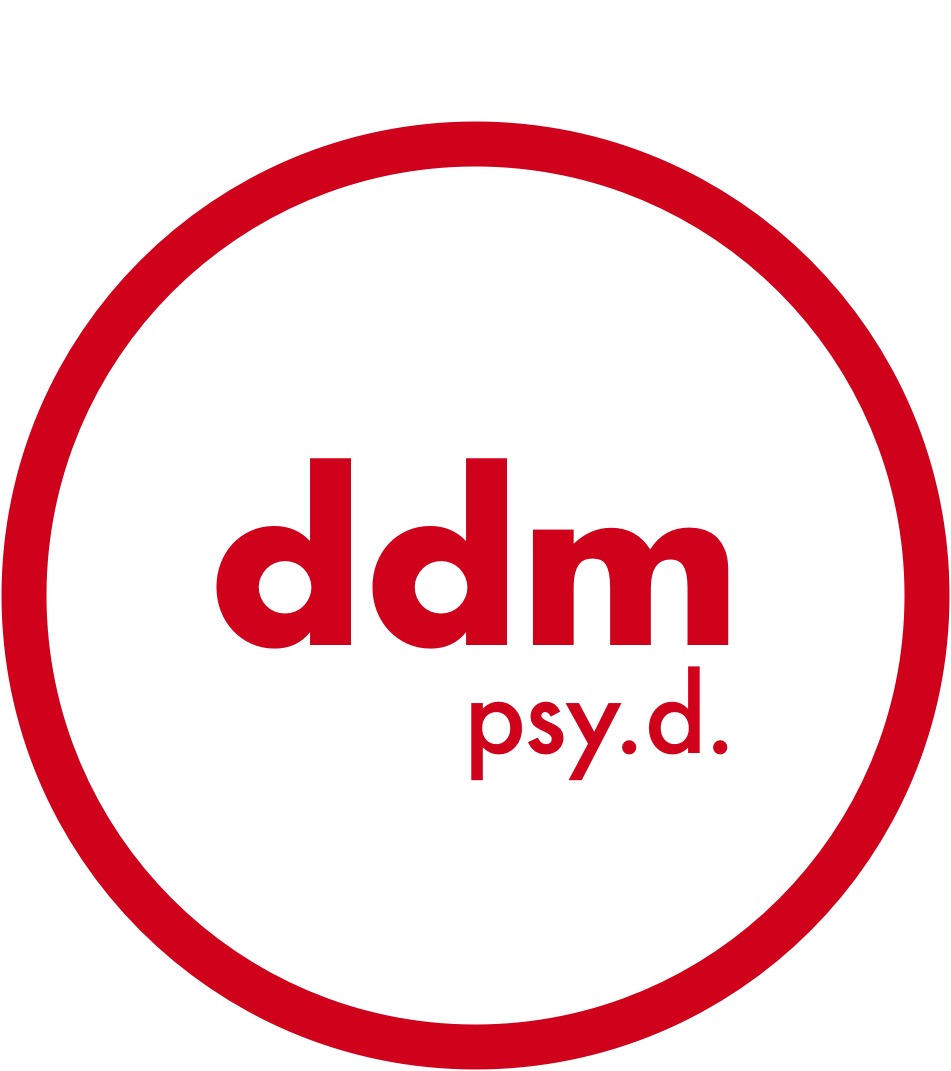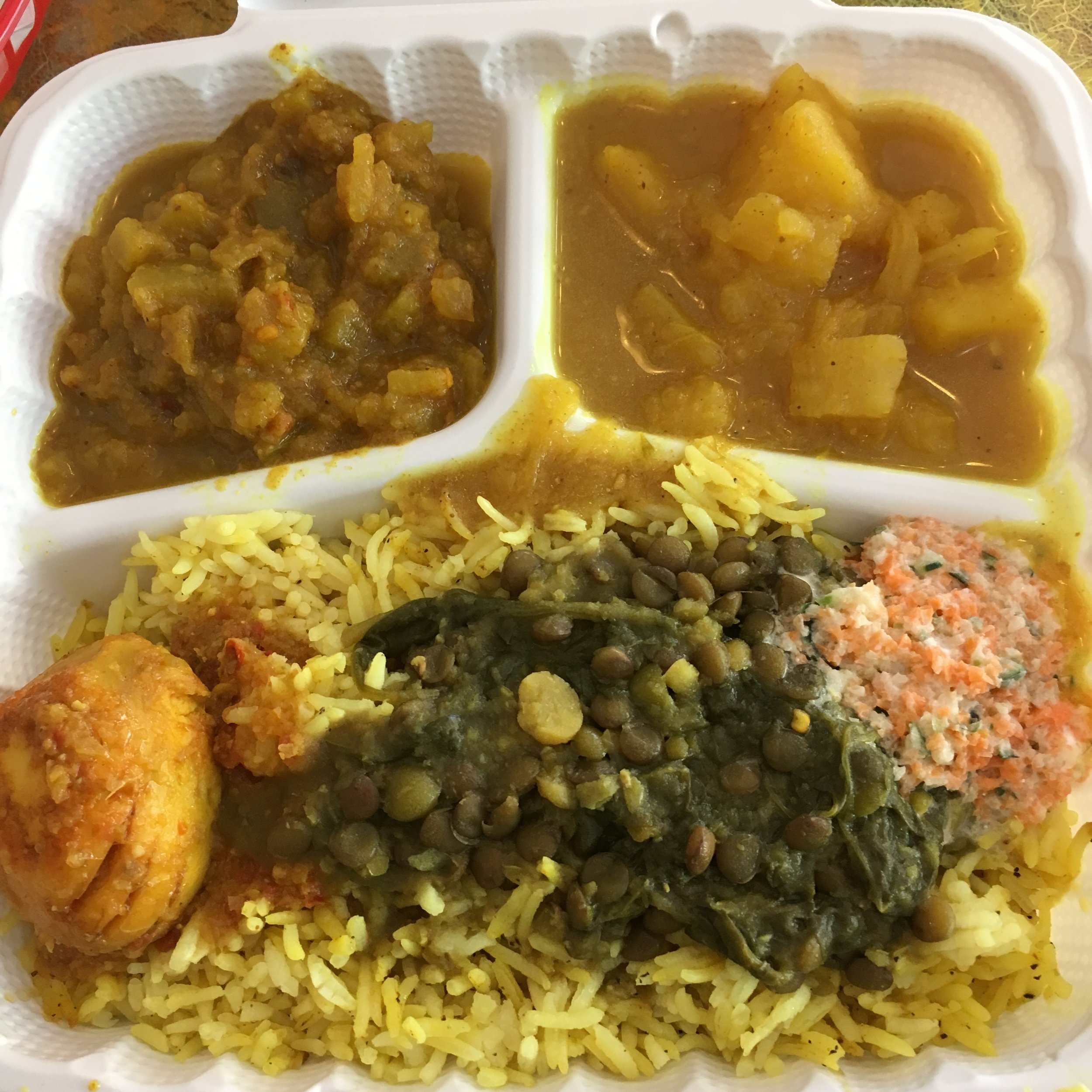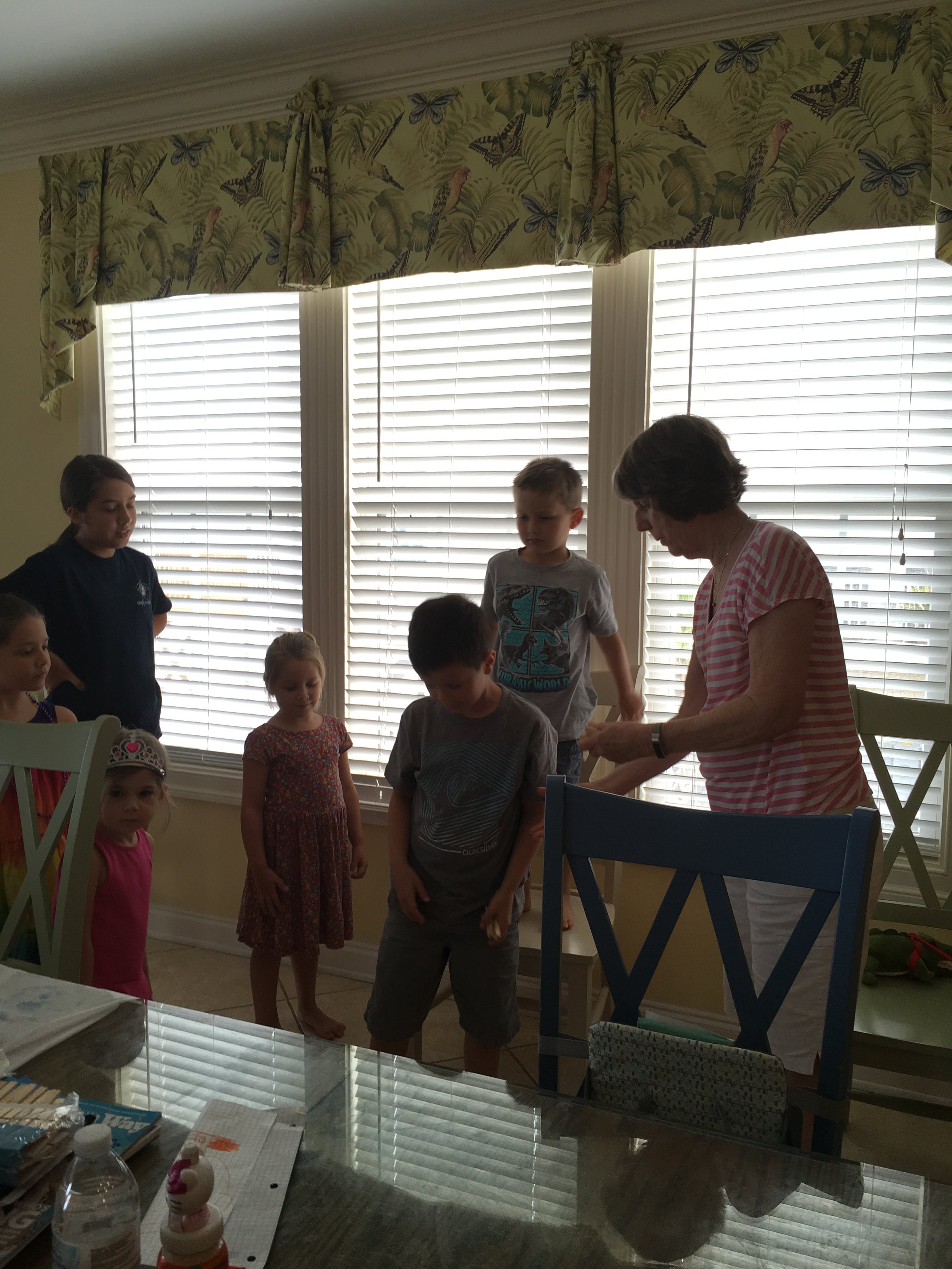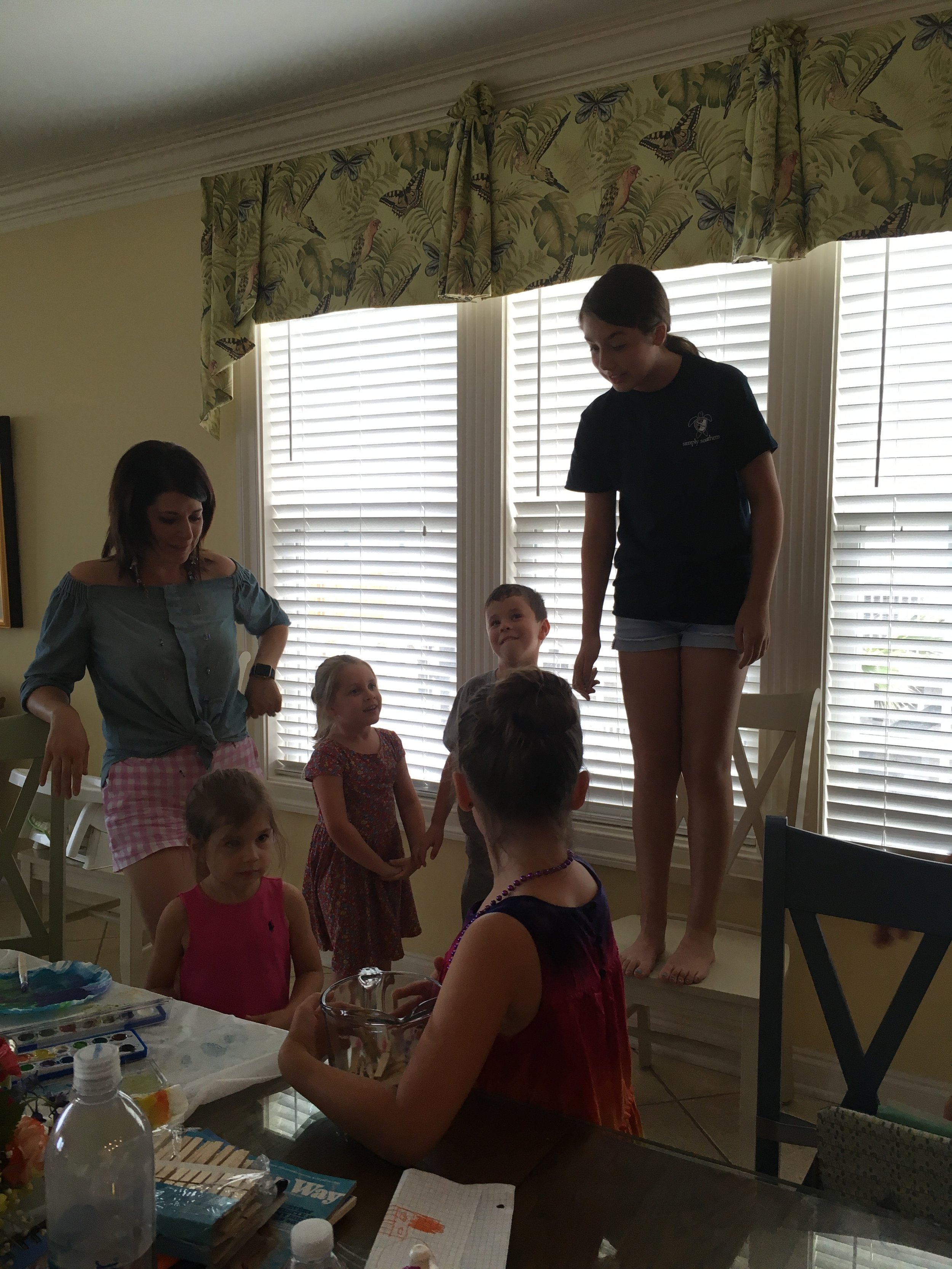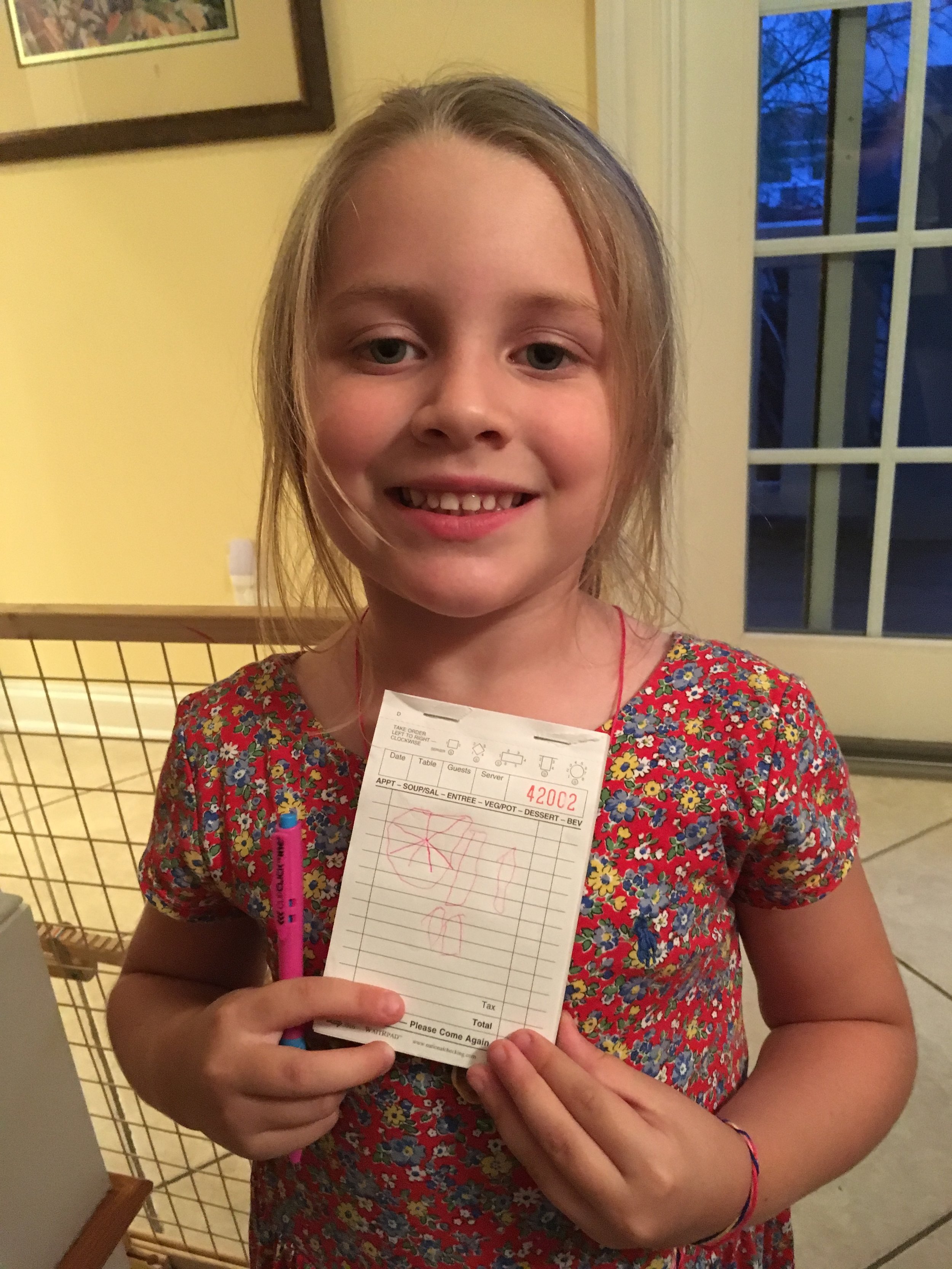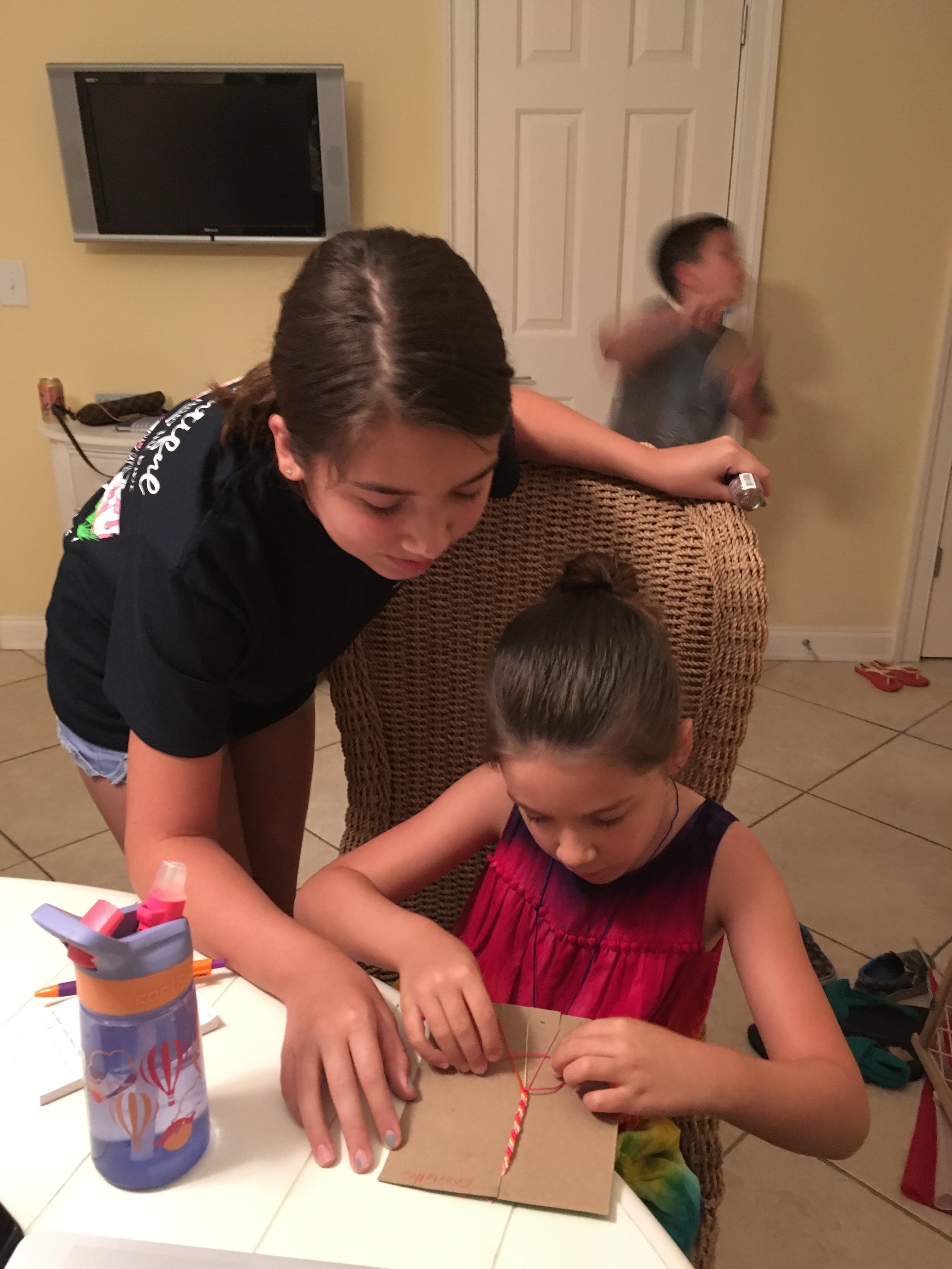It’s been a long time since I’ve gotten to blog. That’s because I’ve been working hard to get my new book (Deviced! Balancing Life and Technology in a Digital World coming out late summer/early fall) to press. It’s there now. While I forced myself to stay focused on that task, mass shootings kept happening and I kept wanting to write. On a few occasions it nearly undid me to not be able to set everything aside to speak out about the horror of gun violence. Today, book (mostly) finished and coming off a week of testifying and holding space in my state house in support of an important gun safety bill, I am given yet another horrific opportunity.
Every time I learn of anyone being killed by gun (or by any weapon really) I go through a sickly familiar routine. I re-live what it was like in the moments following the call that reported my 4 family members’ deaths by gun. My body reminds me of the sick feeling and the light headedness, the drive to pick up my mother in law at the hospital. She witnessed the murders, as did her neighbors and friends. I recall the people at the gas station where we pulled over so that my husband could throw up. They were talking about the “whack job” who had just “shot up his family." I remember cleaning my niece’s blood out of my mother in law’s hair and sending a friend to buy her everything she’d need for a week since her home was now an un-enterable crime scene. I remember the media and the grand juries and the myriad of other bizarre experiences I had never expected to have.
Today in Florida (and in the past months in Nevada and Texas and countless other U.S. states) hundreds and hundreds of people are dealing with these kinds of experiences. Perhaps they are planning funerals. Maybe they are trying to comfort a child who lived through the traumatic ordeal. Some are first responders or teachers or friends of the shooter’s family. Seventeen have been taken and many others injured. Physical injuries are not the only ones that count, the emotional ones are just as serious. And it isn’t just the publicized shootings and killings that matter. It’s every single one. Even the ones you never hear about.
The ripple effect of the impact of traumatic experiences related to gun violence is profound and it is real. While those closest to those taken by or threatened with gun violence certainly feel the deepest effects, all of us hold trauma when our common public spaces and homes are colored by it. Sadly, these ripples are reaching far more of us than our comprehension can fathom. It’s nearly impossible to find someone who doesn’t know someone who has been touched by this public health crisis. At the same time, we live in a country where our hands are tied from seeing the issue as such. I feel confident that if 93 people a day died in our country from any one thing other than guns, we’d be calling it what it is and doing everything we could to eradicate it. We, as a country, are not. It is time for us to wake up.
There are all manner of active responses available to us. We can write letters and make calls. We can begin to work to address the false notion that common sense gun laws are counter to the right to bear arms. We can educate ourselves about safe storage or can arrange a neighborhood or school event centered around how to talk about and store guns in ways that make our homes and families safer. We can work to sponsor and pass laws that enforce the national background check system, close loopholes, and keep guns out of the hands of people who will use them inappropriately. We can also take small but powerful steps to usher in ripples of justice, love, and action. While they may seem small, such actions carried out boldly, consistently, and over time can disrupt a system that has become overly passive about violence and, in my opinion, overly permissive about guns. I must believe that each of us, small and insignificant as we may seem or feel, have a part to play in creating a country and a world where the love of self and other reigns. Where we are willing to stand up for the rights of our neighbors and children to feel be safe. Where we are willing to have difficult discussions and to listen and to be open to being moved. Where we can communicate effectively about our values, thoughts, and feelings and have the skills to handle the strong emotions of anger and rage. Where we feel capable of handling conflicts within us or between us with our words rather than with weapons.
I want to be able to write the complete text on how to make this happen. I cannot. Especially given my own wild mix of emotions, reactions, and thoughts related to this week where I’ve been honored to be part of getting an important gun related loophole closed in Oregon at the same time that a 19 year old had access to an assault style weapon that he turned upon his former classmates. Even still, a few important thoughts keep holding my attention hostage and I wonder if they might be helpful to a wider set of minds. I offer them humbly, owning that my experience is mine alone and that yours might be wildly different.
Things to Do and Not Do After a Gun Related Traumatic Event:
1 Don’t use phrases like “There but by the grace of God go I.” If grace is what it is defined as being, it is indiscriminate. Every person who has had someone taken by gun violence or who has been threatened or victimized by it has also been living under that grace. Instead of passively saying it’s grace that has saved you from this round of violence, say things like, “This could, truly and literally, happen anywhere.” “I have no words for the weird mix of relief and sorrow that I feel. This could have been me or my kids’ school. It wasn’t and I cannot imagine the experience of those who are living it.”
2 Don’t diminish the lives taken by gun violence that are never, ever highlighted in the news. As a person who has lost three very young children to gun violence there is a unique and weird kind of pain I experience every single time someone says, “When all those children were taken in (insert publicized mass shooting) I just HAD to get involved.” There are people and communities, especially communities of color, that have been losing children to gun violence for years and at far greater rates than most of us realize. Let’s own how late we are (at least those of us white middle class folks who didn’t acknowledge this horrific reality until it came to our neighborhoods) to this issue. Let’s remember that every single life is important and that those whose losses happen outside of the public eye have a special grief to bear. A largely unrecognized, and sometimes horribly stigmatized, one.
3 Don’t believe that there is nothing that can be done. There is plenty that can be done and there are lots of incredible individuals who are organizing ways for all of us to participate. There are political action organizations and there are community service organizations. Moms Demand Action/Everytown for Gun Sense are groups that I am active with. The Newtown Action Alliance Ceasefire Oregon Giffords and Gun Owners for Responsible Ownership are also fantastic organizations that I support. I’m sure there are plenty of others. Find them. Plenty of gun violence prevention activists are gun owners. Don’t assume you won’t have a place and don’t assume your voice doesn’t matter. It does. You are important in creating a safer and more equitable world. You might be the person who initiates the most important ripple. Your voice and your being matter. Stuffing envelopes is important. Making calls or sending texts is too. Hosting a house party or a Be Smart gun violence prevention class is a gift. So is writing a letter to the editor. Sending a card to a survivor of gun violence may be the most important thing you do or asking a friend how their guns are stored before a play date may be the act of bravery that saves a life. It’s easy to feel overwhelmed these days! Don’t believe the lie that small actions done by regular people don’t matter. They do! In fact, they are just about all we have in the way of hope.
4 Don’t ignore or try to push past your feelings too quickly. Neither attempt to “inform” yourself through your feelings. Many people stay overly attached to information sources in times like this. At places deep within us we feel out of control when inexplicable violence occurs. We unconsciously feel as though information will help us “master” our discomfort and shock. Feelings just don’t work like this. They need to actually be acknowledged and felt. If it seems that they will overwhelm or overtake you if you invite them, find some strategies to help you feel supported as you welcome them. Talk to a friend, pastor, imam, rabi, therapist, or counselor. Go for a walk or run or stretch and do yoga. Write out your feelings or do a brain dump where you pay no attention to legibility or eloquence and simply write all the thoughts and feelings that come to you in a ten minute time frame. Literally get it out of you. Or, do what I did at dance class last night. Stomp your feet as hard as you can, move fast and furious and sweat out the anger and fear and hopelessness. Cry. Do whatever is needed to acknowledge your feelings without hurting yourself or anyone else. Work them out until they are at a manageable level before you do anything with them. This is the way toward resolution and atuned, effective engagement. When we don’t take the time to do this we often make bigger messes.
5 Take every opportunity possible to honor those taken by gun violence. If you can’t “find” an opportunity, make one. This doesn’t have to be laborious. Do your own vigil. Light a candle and take time to sit in silence holding the families of those taken in thought or prayer. Designate a time and invite others to join you either in person or where ever they are. If you want to go deeper with this, honor these lives by volunteering on their behalf with an organization that would matter to them or donate money in their name. The goal is to actively remember them and honor them and those that have been impacted by their death.
6 Education is available and important. Information is easier than ever to come by. Reliable and well researched wisdom, however, is a totally different animal. Before you vent, driven by emotion or information gathered from who knows where, attend to point number 4 above and then so some real research. In my experience Everytown for Gun Safety's research collaborative is a fantastic source for very carefully culled research.
7 Muster, gather, and exude love. Not whimpy love that says “I’ll love you if you look like me or believe like me.” Not conditional love that says “I’ll love you if you do this or think that way that I tell you to.” Rather, send love to those hardest for you to imagine even liking. Look for opportunities to do conflict without violence. Train your mind and your self in the way of encountering every one you meet with the grace that they deserve. This might be just the ripple that can turn the tide.
8 Pay attention to the fact that you live in a body. Cultural trauma impacts us all. Conflict influences the way we move about in the world and in our bodies and we live in a near constant state of it today. One way that you can love the families in Florida, Nevada, Texas, and everywhere who have had loved ones taken by gun is to keep yourself healthy enough to send love, fight fights worth fighting well, and to bear witness to their losses. Take breaks from media. Get outside. Breathe deeply. Drink water. Sleep.
I met with an incredibly wise and profound Muslim leader in my town last week. While we talked about what each of us was doing to try to make the world a better place, he remarked, “It’s as though you hug the world. I do hope that you are hugged back.” I would add, “…in the way that is meaningful to you.” It is each of our responsibility to make sure that we are hugged back so that we can keep offering the hugs our world so desperately needs. Determine how you are best hugged and then make sure you are doing what needs to be done to get what you need. This is important because we need you…….
